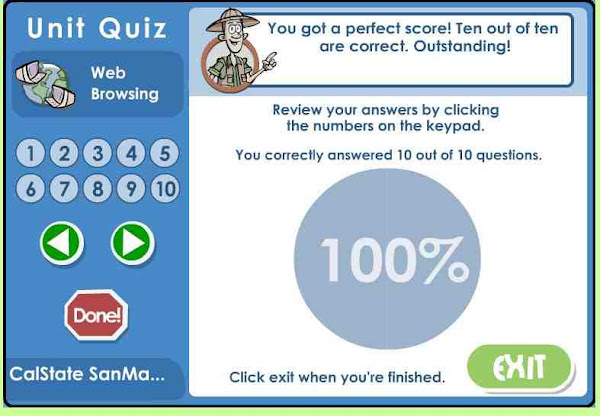My History
My Historical InterestI have been enthralled by history ever since I sat upon my grandfather’s knee and hear the stories of World War I, World War II and the Wild West. Stories told by my grandfather may have been embellished for the amusement of a five-year-old but they started a flame of interest in the historical that has burned ever since. The course of my life did not lead me straight to an academic career in history. I spent 20 years traveling and working in various retail businesses in different parts of the United States and these experiences further enhanced my knowledge and desire to learn more about history. As I grew older and started raising children, I found that the flame of history still burned and now it had the added desire to past on the interest in history to others as my grandfather had done for me. After a break of 20 years in my educational career, I return to school for a degree in history and the opportunity ignite the flame of interest in history in the minds of young people. I believe that a fundamental education in the facts of the historical record is important to students' understanding of world in which they live. Creating a personal interest, like my grandfather did for me, in the events of history is just as important as the facts. The student that can feel connected to the distance past will be much more likely to understand and learn the lessons that history teaches. I feel for older students the development of the skill of historical interruption is important in order to understand the facts and causation of history. Students that have historical facts, skills and personal interest will have the ability to become full citizens of our democracy.
Michael Poteet
Contacts: Email mp2poteet@yahoo.com Blog Michael's Word
I believe, as a future single subject credential holder in social studies, all historical subject matter is important and I will endeavor to create the sense of context and personal experience with all aspects of history. In teaching high school students, Ithink the role of social studies education is the important factor creating citizens that are prepared to be involved in the political process of our democracy. The comparative study of United States history is very important in the creation of citizens. I feel one of the most important subject areas in the study of United States history is the American Civil War. The conflict of brother against brother was the defining moment in the history of the country that created a new birth of freedom and was key in forming the modern structure of the United States. One aspect and enhance students understanding of how important the conflict is to examine the speeches and writings of Abraham Lincoln. The president’s important speeches like the Gettysburg A
California Social Studies Standards
Contributor #2: Eric Stickland
What do I want to teach, and why?
While I am enthusiastic about all historical periods and topics, I find that I am most interested in the history of the ancient world. In particular, I am fascinated by the history of Greece, Rome, Egypt, and the civilizations of the Levant. My interest in these regions is based upon a number of factors; first, there are many material remains from all of these cultures, which makes it easier to picture what it might have been like to live during those times. In addition to providing fodder for an endless parade of History Channel documentaries, these artifacts also give clues about what made some cultures grow and succeed or caused some to decline and disappear. Another factor contributing to my interest in these topics is the fact that many "firsts" in world history occurred in these civilizations. For instance, it was in Mesopotamia that humans first started living in large, permanent settlements, began to differentiate into specialized roles, and developed systems of writing and law. The Greek city-states pioneered with innovations in democracy, warfare, and art. The Egyptians left behind perhaps the most famous monumental architecture of antiquity in the form of the Pyramids, and founded one of the world's first monotheistic religions. Finally, the Romans presided over one of the most impressive empires of the ancient world and proved themselves expert at adapting the discoveries of other cultures for their own purposes.
With regard to the grades I'm interested in teaching, I feel most attracted to secondary education and particularly high school. This is due to a number of factors; first is the fact that higher grades allow the instructor to teach more "in-depth" information on given topics. Additionally, the greater intellectual development of high school students can be conducive to a greater degree of discussion and debate, an activity that I consider a crucial component for stimulating interest, understanding, and fact retention among students.
With regard to the grades I'm interested in teaching, I feel most attracted to secondary education and particularly high school. This is due to a number of factors; first is the fact that higher grades allow the instructor to teach more "in-depth" information on given topics. Additionally, the greater intellectual development of high school students can be conducive to a greater degree of discussion and debate, an activity that I consider a crucial component for stimulating interest, understanding, and fact retention among students.
California History Standards- This link goes to the state-mandated standards for the teaching of history.
Kathy Schrock's Guide for Education: World History Sites- This link goes to a website providing resources for history educators.
Eric Stickland? Who is this guy?

No comments:
Post a Comment